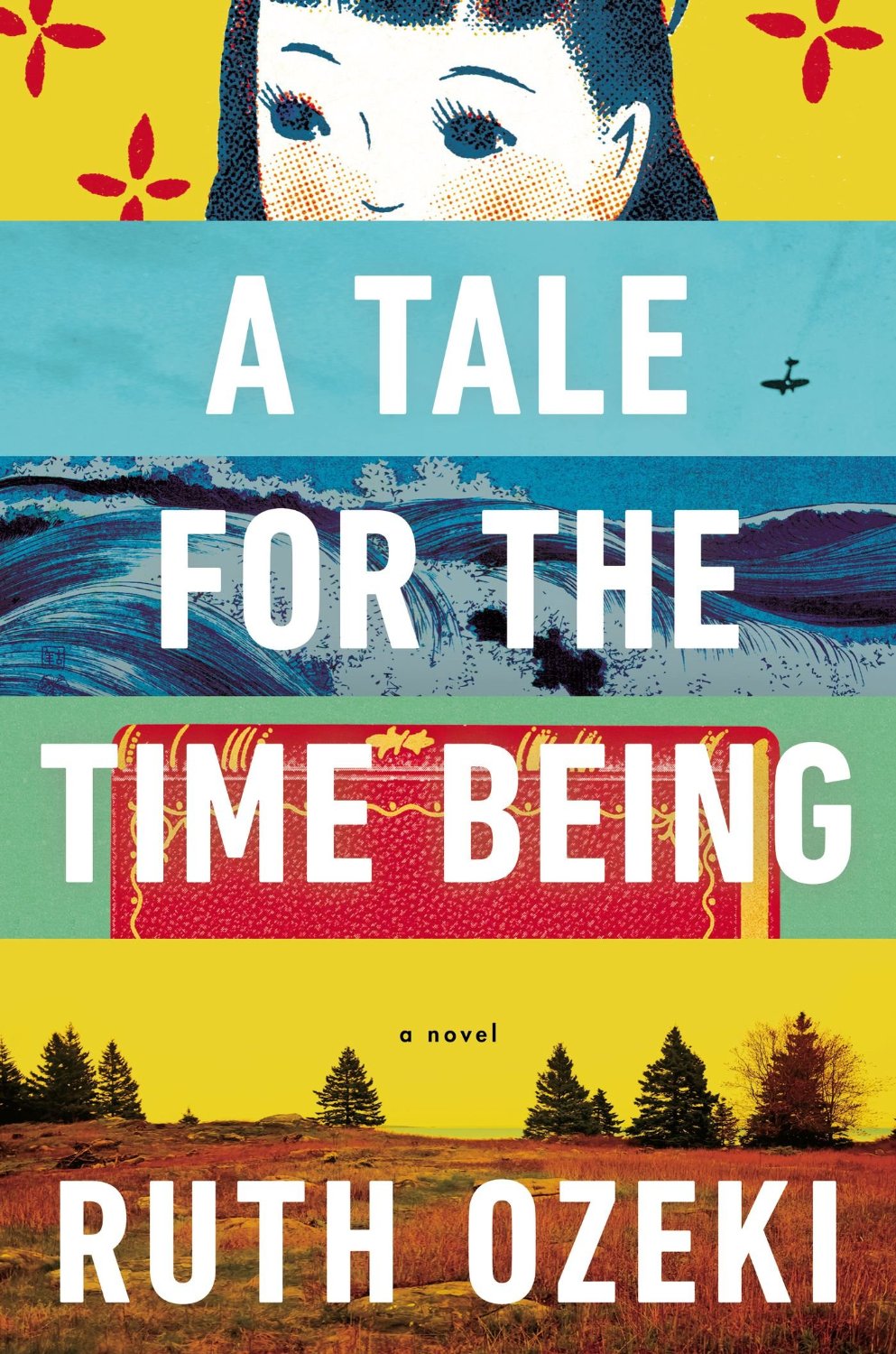
I am not the best person at putting together what the title of a book means, and so I find it delightful when it becomes apparent in the book (as long as it doesn't have all the subtlety of an anvil). The moment of discovery always feels like a delightful unfolding. So imagine my delight when I discover that this particular title keeps meaning different things over the course of the book. There are two or three reframings of what "time being" means, and all are simultaneously true and beautifully balanced.
This book made it on to my reading list because it was on a recent Canadian Top 100 that I am trying to work my way through, despite the fact that it's heavily weighted towards books from the last ten years. However, I really haven't connected with several of the books so far. It was a great relief to come to this one, which I unreservedly enjoyed. This is the kind of book that leaves me in a meditative state of mind - where I finish a passage or a chapter and need to simply sit and think.
It's a weaving story, which is also something I very much like when it's done well. We go back and forth between a character living on an island in British Columbia and a girl in Japan. The character in British Columbia has the same name as the author, with a husband with the same name as the author's husband. It's one of those blurrings of what fiction is, similar to what's done in Michael Ondaatje's The Cat's Table. The other story comes from a diary she finds washed up on the shore, possibly but not necessarily, swept away from Japan by the tsunami. It was written by a girl in her late teens, as she struggles with a move back to Japan from the United States. It's also supposed to be a story about the girl's grandmother, a anarchist feminist author who became a Buddhist nun after her son was enlisted as a kamikaze pilot in World War II.
It never really ends up being about that though, and it's one of the many ways this book is about the act of writing, and the act of reading. The story you tell is not always the story you set out to tell. Nao doesn't ever fully tell the story of her grandmother. Ruth is struggling with a memoir manuscript about her mother's last years that refuses to coalesce into something publishable. The story of the pilot uncle has many layers, each unfolded by a separate set of documents.
While I've read several books that are metafictional in how they look at the role of the write and the characters in what you're reading, this is perhaps the first one that I've encountered that extends that to the reader. What the reader brings to the document, how the words are changed by the person reading them, these are beautifully and subtly explored as the text Ruth reads seems to shift under her fingertips. What part does she play in the story she is reading? If it feels urgent and real and now, how do we separate ourselves from the act of reading? Even if it were possible, it wouldn't be wise.
I am probably making this book sound too cerebral. It isn't. It's relentlessly present, grounded in place and time, even as it incorporates Buddhist precepts that encouarge a way to step away from the temporal. These are held in tension beautifully, the present and the transcendent. Many characters struggle with depression, with suspension, with a world that makes no room for them but which they cannot escape.
After a couple of duds from the Canadian Top 100, and a couple that were fine but not lovable, I am delighted to have read Ruth Ozeki's book. I will definitely be searching out further novels by her.
No comments:
Post a Comment